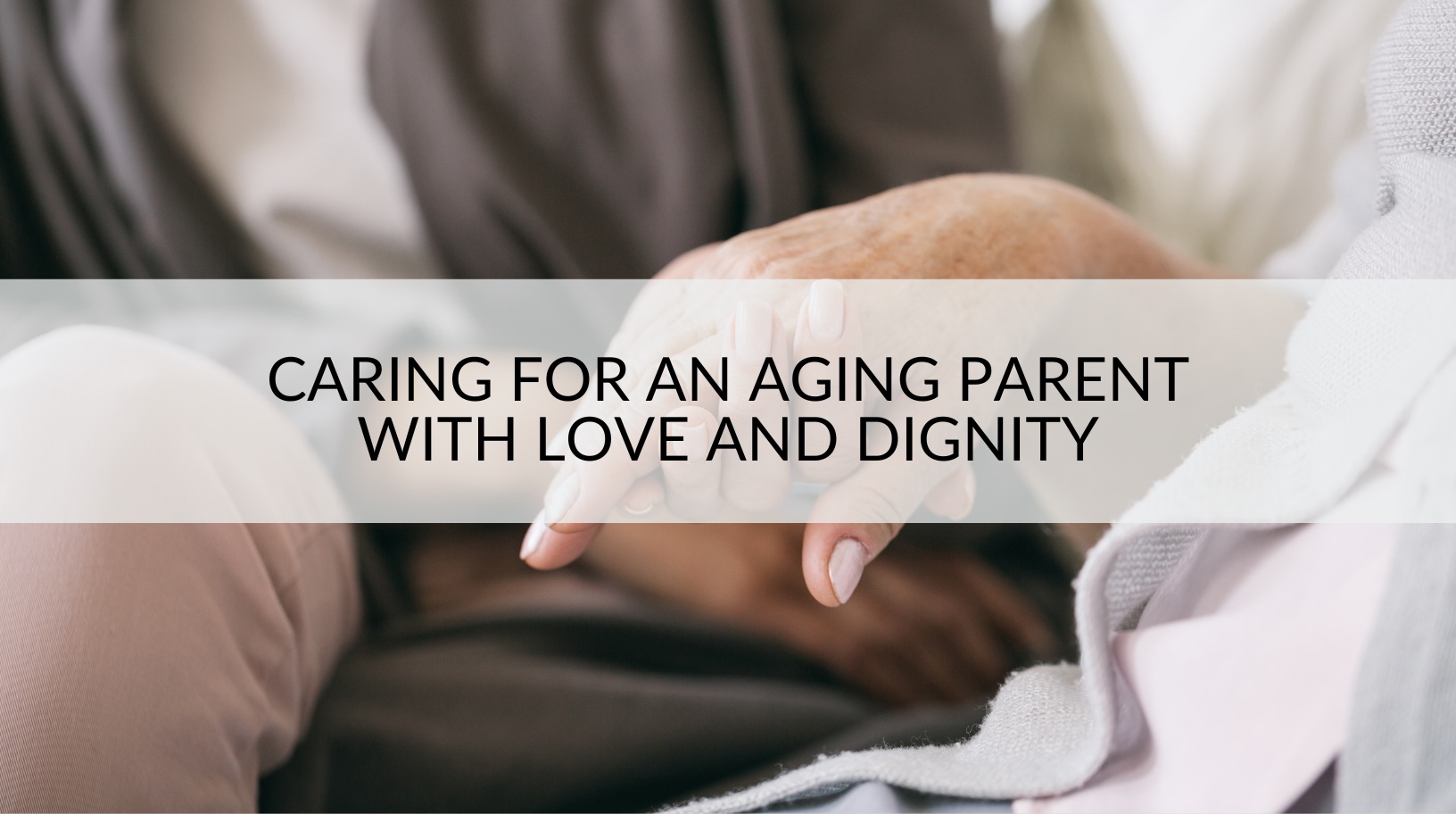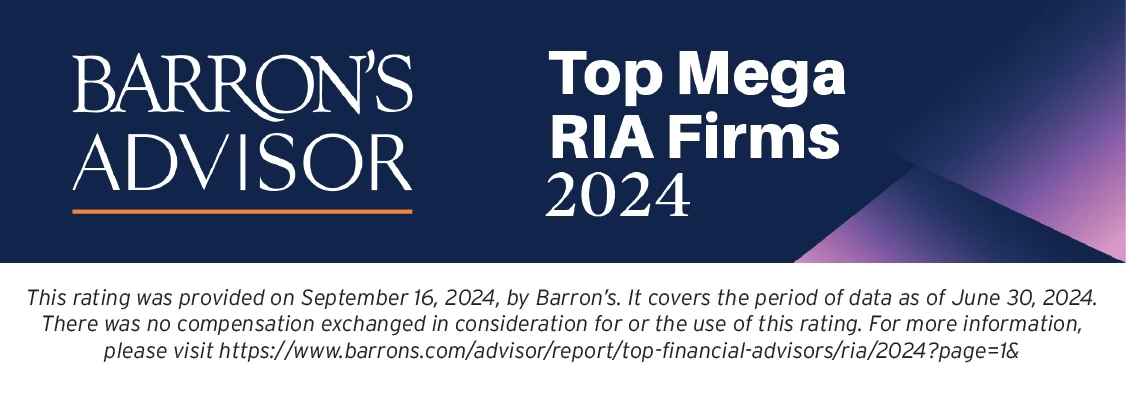Caring for an Aging Parent with Love and Dignity
By Andrea Young on October 3, 2022

by Kristine Porcaro & Szifra Birke
Unplanned Journeys
We both have had the privilege of and responsibility for walking beside our mothers during the last miles of their lives. Each step demanded that we create new strategies. Along our journeys, we created new, unexpected and cherished relationships with our moms during our time as caregivers.
Kristine’s Story
My mom Carole was 58 and diagnosed with a rare neurological brain disease – so rare that no prognosis was clear. I found myself in a complete role reversal with her. I was now the one worrying, pushing doctors for answers, reading everything I could get my hands on, but my mom’s condition just kept deteriorating. The only goal that I felt I had any control over was to try to maintain mom’s quality of life, independence, and most importantly, her dignity.
I had my first daughter as my mom began to decline. I thought their behavior sort of resembled each other – my infant daughter was struggling with similar things, yet, as she began to learn, mom began to forget. I wanted to always be there to help mom, but I couldn’t and felt guilty. I knew my mom had never wanted me to sacrifice for her sake. As a new mother myself, I began to understand that.
“You gain strength, courage and confidencebyeveryexperienceinwhich you really stop to look fear in the face. You must do the thing you think you cannot do.“
Eleanor Roosevelt
Szifra’s Story
My mother Sally, a World War II Holocaust survivor, was diagnosed with Alzheimer’s. I began a campaign to scaffold her with covert support that would allow her to continue to go to work each day in her clothing store. As her memory and judgment slowly declined, my mother also lost some of the no longer-needed protective armor she had built to deal with the murder of her entire birth family. I shared Kristine’s desire to maximize her mother’s quality of life and dignity.
I looked for opportunities instead of losses and created a situation that was a win-win for both Mom and her caretaker. My mom could celebrate the birth of each of her grandchildren again and again – and each time was fresh and thrilling for her. Mom’s care partner, Anne, could grieve the loss of her fiancé as many times as she needed to – and Sally was newly sympathetic.
Sharing What We Learned
We talked with nurses and called Associations that worked with other neurological diseases to collect ideas and discovered ways to help keep their quality of life as high as possible. Many were extremely helpful, pointing us in useful directions and providing resources.
We got a very quick education on health insurance, Medicare, Medicaid and long-term care insurance. We met with Social Security since she qualified for Social Security disability benefits.
We utilized geriatric care managers. They discussed safety when my mom was still living at home. We increased lighting, installed railings inside and outside, removed all rugs to help prevent falls, and made many other environmental adjustments. They shared advice on which assisted living and nursing homes had good reputations for care. To avoid stairs, we kept everything she needed on one floor.
We eventually utilized an adult day care facility so mom had someplace to go with people around until she needed 24- hour care in an assisted living facility.
We used resources to learn about different places to live in our area and we kept the private aide since she became like family and loved my mom and took care of her almost as well as I did.
My mother didn’t want help so I told her that the companion I’d hired needed her friendship and some spending money. (I also coached her companion.) We were fortunate enough to find a lovely woman her age from a similar background. She shared stories and read to her.
Assisted living is expensive and the financial strain was enormous. $11,000 a month, holy smoke. Fortunately, my mom had a long-term care policy that helped tremendously.
To get her to move to an assisted living facility when she clearly couldn’t take care of herself any longer, I fabricated a story about a gas leak that necessitated a move to a “hotel” – the assisted living facility – for a month. She forgot about that deadline and quickly settled in. I never expected my mom to “be okay” in an assisted living facility. To my surprise, she adjusted really well. We kept my mom’s care partner, who’d become her closest confidante and friend.
When the nursing home said that it wasn’t worth giving her physical therapy to improve her walking, we hired an outside PT.
I was always looking for ways to give her a pleasant experience to spike her endorphins. One example, I collected a basket of greeting cards we’d sent her to “discover” again and again. We left a journal on her table so anyone who came or went could leave me notes. We also bought a phone with big buttons and pictures of the people in her life so she could press the picture to make a call. And we left her explicit reminders on a whiteboard, including our visit, as well as lots of notes.
She had trouble drinking, but by using a juice box with a straw, we could push the liquid up into her mouth. Music was always soothing for mom. Her “friend” sang, danced or listened to music with her.
I learned to take care of myself and ask for help. I learned to tell people what I needed or what they could do since most who want to help don’t really know how. “Do my laundry” – that will help my mom so I can be there with her.
Relax and bend the truth. The truth is less important than helping your parent relax, have fun and stay out of trouble.
Ask for Help – from family, agencies…
Many times there is one person in the family, either because of proximity or personality, who ends up with the bulk of the caregiving. It’s exhausting and if you’re not careful, can build resentment and divisiveness within the family. Be open and honest with other family members.
Suggested Resources
If you are the “call everyone/research online/get answers” type, go for it. If you’re not, find someone who is.
*Recommend Reading:
Being Mortal: Medicine and What Matters in the End, by Atul Gawande
Money – Be Proactive & Smart
This may be an important time to get professional assistance to help you negotiate. Lexington Wealth can help you find a geriatric care manager to help with transitions to new housing, and advice on Medicare, Medicaid and Social Security.
Perhaps the most important thing you can do for yourself is to approach this new experience in your life with a flexible mindset. You want to come out the other side with your good memories intact, your relationship deeper, and the knowledge that you did the best you could given all that was going on in your life. It isn’t easy, but it is bearable and can be life-affirming.
High Tower Advisors, LLC is an SEC registered investment advisor
FYI Categories
Events Series
Lexington Wealth Management is a group comprised of investment professionals registered with Hightower Advisors, LLC, an SEC registered investment adviser. Some investment professionals may also be registered with Hightower Securities, LLC (member FINRA and SIPC). Advisory services are offered through Hightower Advisors, LLC. Securities are offered through Hightower Securities, LLC.
This is not an offer to buy or sell securities, nor should anything contained herein be construed as a recommendation or advice of any kind. Consult with an appropriately credentialed professional before making any financial, investment, tax or legal decision. No investment process is free of risk, and there is no guarantee that any investment process or investment opportunities will be profitable or suitable for all investors. Past performance is neither indicative nor a guarantee of future results. You cannot invest directly in an index.
These materials were created for informational purposes only; the opinions and positions stated are those of the author(s) and are not necessarily the official opinion or position of Hightower Advisors, LLC or its affiliates (“Hightower”). Any examples used are for illustrative purposes only and based on generic assumptions. All data or other information referenced is from sources believed to be reliable but not independently verified. Information provided is as of the date referenced and is subject to change without notice. Hightower assumes no liability for any action made or taken in reliance on or relating in any way to this information. Hightower makes no representations or warranties, express or implied, as to the accuracy or completeness of the information, for statements or errors or omissions, or results obtained from the use of this information. References to any person, organization, or the inclusion of external hyperlinks does not constitute endorsement (or guarantee of accuracy or safety) by Hightower of any such person, organization or linked website or the information, products or services contained therein.
Click here for definitions of and disclosures specific to commonly used terms.

Sign up for LWM Communication
Office
12 Waltham St
Lexington, MA 02421
Phone: (781) 860-7745
Fax: (781) 207-0253

Securities offered through Hightower Securities, LLC, Member FINRA/SIPC, Hightower Advisors, LLC is a SEC registered investment adviser. brokercheck.finra.org ©2026 Hightower Advisors. All Rights Reserved.
Legal & Privacy | Web Accessibility Policy | Our ADV
Form Client Relationship Summary ("Form CRS") is a brief summary of the brokerage and advisor services we offer.
HTA Client Relationship Summary
HTS Client Relationship Summary